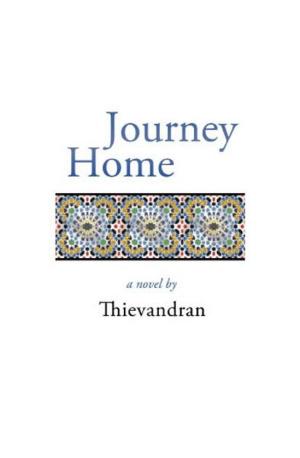| Author: | Robert Rubel | ISBN: | 9781610981019 |
| Publisher: | The Nazca Plains Corporation | Publication: | December 29, 2011 |
| Imprint: | Language: | English |
| Author: | Robert Rubel |
| ISBN: | 9781610981019 |
| Publisher: | The Nazca Plains Corporation |
| Publication: | December 29, 2011 |
| Imprint: | |
| Language: | English |
Not all Families use protocols. Those that do use protocols in their relationship range from using only a few protocols to having an extensive Protocol Manual written out for the slaves use. Those who use common Leather protocols may use them slightly differently, based on the part of the country in which they live. One often hears about East Coast versus West Coast styles of protocols. Also, many Masters or Doms make up their own protocols as befits that particular relationship. All this is good. This issue contains articles from Masters and slaves that represent divergent views. More importantly, many of these articles discuss the philosophical basis for the way protocols have developed within their Families. The reason that protocols vary so much between Families is that protocols serve a few important aspects of a power exchange or authority exchange relationship: Protocols give the Master/Dom an opportunity to shape the daily structure of life with a slave/submissive. Protocols can be used to enforce deference and respect; they can be used to make the relationship look very different from a vanilla relationship; they can be used to clarify communication between partners. Written protocols really represent the specifics of the ways that Master/Dom wants slave/submissive to behave. Its rather a manual for living with Master. This can be very helpful for the slave or submissive, as it clearly sets forth what Master expects from slave. Thus, slave has specific ways he/she knows to behave to please Master. And, pleasing Master is what the relationship is all about, yes? This is an interesting issue of the Power Exchange Books Resource Series. I hope you enjoy it.
Not all Families use protocols. Those that do use protocols in their relationship range from using only a few protocols to having an extensive Protocol Manual written out for the slaves use. Those who use common Leather protocols may use them slightly differently, based on the part of the country in which they live. One often hears about East Coast versus West Coast styles of protocols. Also, many Masters or Doms make up their own protocols as befits that particular relationship. All this is good. This issue contains articles from Masters and slaves that represent divergent views. More importantly, many of these articles discuss the philosophical basis for the way protocols have developed within their Families. The reason that protocols vary so much between Families is that protocols serve a few important aspects of a power exchange or authority exchange relationship: Protocols give the Master/Dom an opportunity to shape the daily structure of life with a slave/submissive. Protocols can be used to enforce deference and respect; they can be used to make the relationship look very different from a vanilla relationship; they can be used to clarify communication between partners. Written protocols really represent the specifics of the ways that Master/Dom wants slave/submissive to behave. Its rather a manual for living with Master. This can be very helpful for the slave or submissive, as it clearly sets forth what Master expects from slave. Thus, slave has specific ways he/she knows to behave to please Master. And, pleasing Master is what the relationship is all about, yes? This is an interesting issue of the Power Exchange Books Resource Series. I hope you enjoy it.















